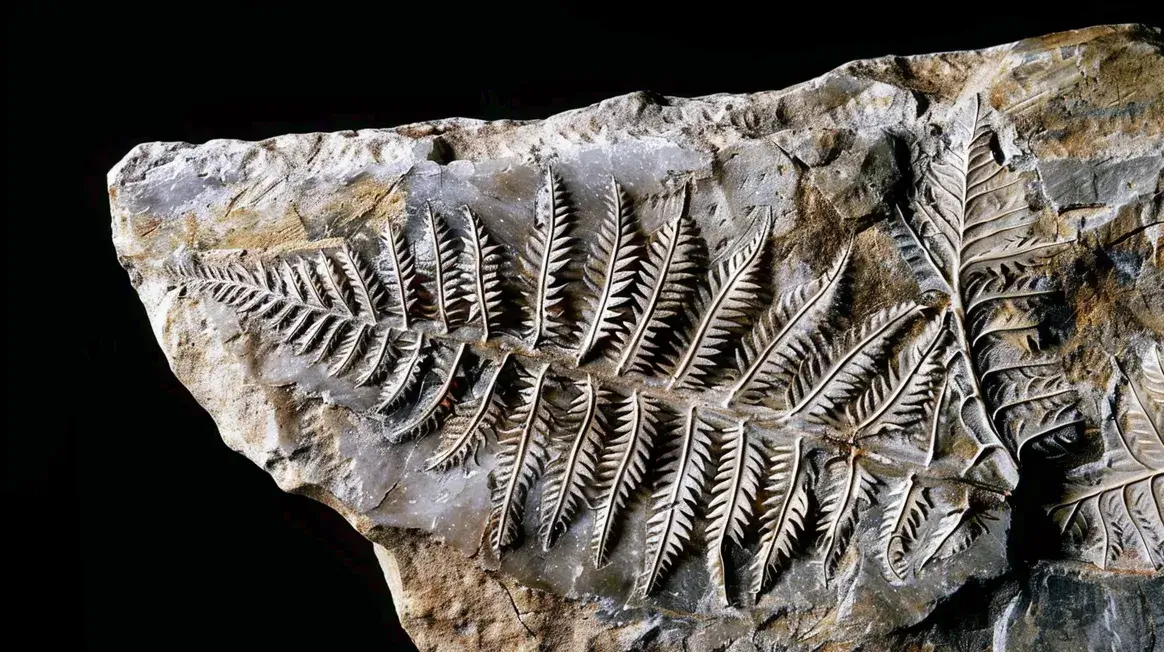
Body fossils are the preserved remains of an animal’s body, like bones, teeth, shells, or other hard parts. These fossils give scientists important clues about what ancient creatures looked like and how they lived.
bod·y fos·sil
/BOD-ee FOS-uhl/
noun
When an animal dies, its soft parts usually decay quickly. But the hard parts can sometimes be buried and slowly turn into rock. This process creates body fossils. For dinosaurs, body fossils are often bones or teeth, but sometimes skin, feathers, or even stomach contents can be fossilized too.
Body fossils are different from trace fossils, which show evidence of animal activity like footprints or burrows. Both types of fossils are important for understanding prehistoric life, but body fossils give us direct evidence of an animal’s physical structure.
When you see a dinosaur skeleton in a museum, you’re looking at body fossils. Each bone is a body fossil that has been carefully dug up, cleaned, and put together to show what the dinosaur looked like.
Did you know that sometimes body fossils can preserve the last meal of an animal? In 2011, scientists found a fossil of a fish that died right after eating another fish. The predator fish’s body fossil contained the nearly complete body fossil of its prey!
How do body fossils form? Body fossils form when an animal’s remains are quickly buried by sediment like sand or mud. Over time, minerals seep into the buried remains, slowly replacing the original material and turning it to stone. This process, called permineralization, can take thousands or millions of years.
What can we learn from body fossils? Body fossils can tell us a lot about ancient animals. From bones, we can learn about an animal’s size, shape, and how it moved. Teeth can show what kind of food it ate. Sometimes, body fossils even preserve soft tissues like skin or feathers, giving us even more information about what the animal looked like.
Are dinosaur eggs considered body fossils? Yes, dinosaur eggs are considered body fossils. They’re part of the animal’s body that has been preserved as a fossil. Fossilized eggs can provide valuable information about dinosaur reproduction, growth, and behavior.